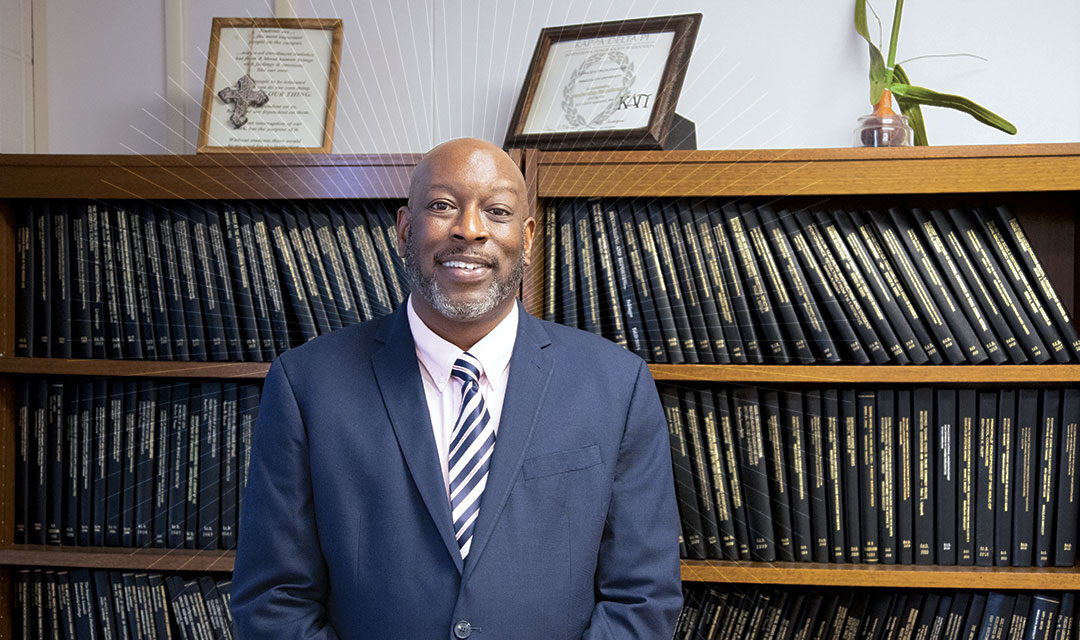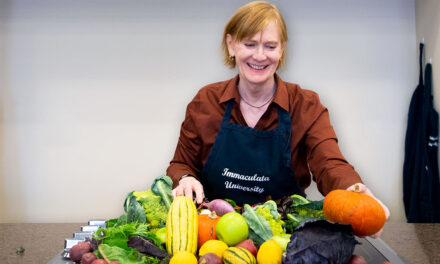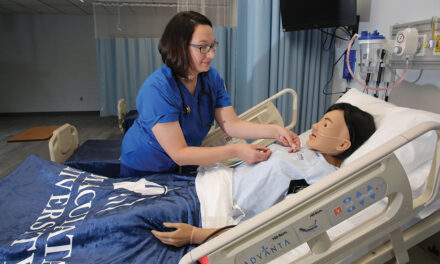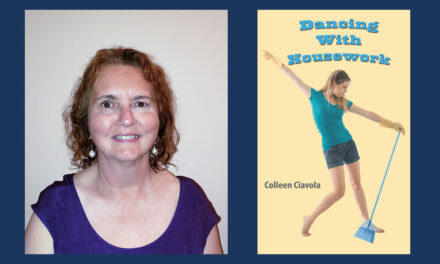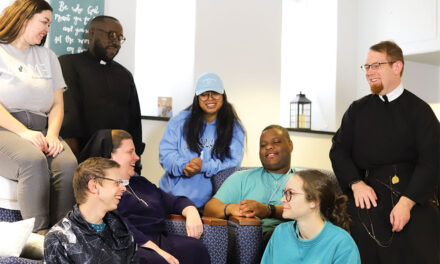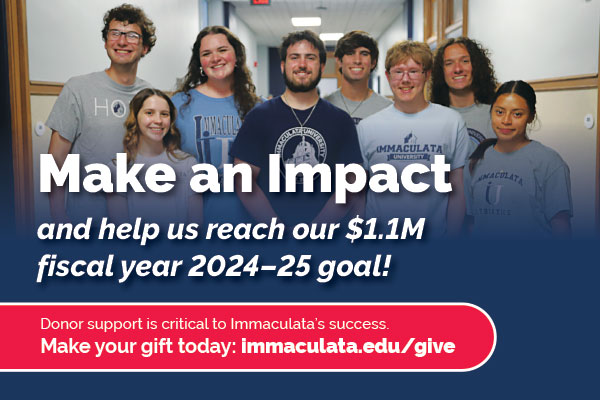In eighth grade, Percell Whittaker ’02 M.A., ’15 Ed.D., was a high-achieving student at a parochial school where he was one of just a few African American students. His mother was a teacher, and his family held education in high regard. He earned some of the highest grades in the class, but his teacher put him in the class’s second track, among students with much lower grades. Believing he should be in the first track, Whittaker advocated for himself. He spoke with his guidance counselor and was in the first track by the second quarter.
As a school psychologist, educator and administrator, Whittaker has continued to face inaccurate assumptions. He remembers students who thought he was a janitor and asked him about building maintenance, even though he was wearing a suit and tie. Building upon such experiences, he has spent his career helping schools adopt more equitable practices to serve diverse students and helping students access special education and gifted education to meet their needs.
With his school psychology certification and master’s and doctoral degrees all from Immaculata, he has held various positions in several school districts. In January, he became director of special education at Fairwold Academy, a school that provides comprehensive academics within a therapeutic framework.
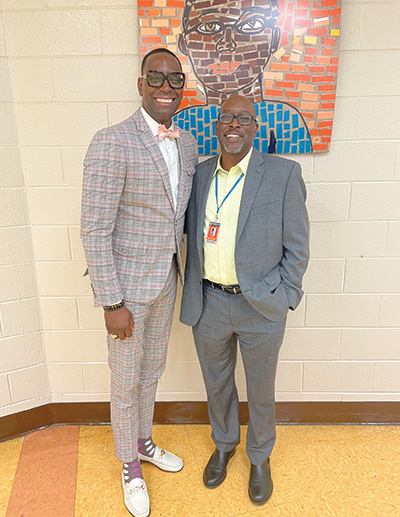
“The lessons I learned from Immaculata were so valuable, and I wouldn’t be the successful professional I am without that training, my teachers and my classmates,” Whittaker said. During class discussions, he appreciated learning from other students and their decades of experience in education. He grew in confidence and realized, with guidance from education professor Joseph Corabi, Ed.D., that his knowledge enables him to speak with authority, offering not just an opinion but an expert perspective.
Last year, Whittaker shared his expertise as a co-presenter of a webinar for the Learning Disabilities Association of America to help educators recognize school practices, policies and assumptions that can fuel disproportionate over- or under-identification of students with learning disabilities based on race and ethnicity.
Whittaker also participated in the Pacific Educational Group’s Courageous Conversation training to engage in interracial dialogue and address racial disparities, and he has led workshops focused on diversity, equity and inclusion for several school districts. After experiencing some resistance from other educators regarding discussing race, he wants teachers to know that, whether they realize it or not, their cultures and experiences influence their teaching, so it’s important to be aware of their biases and recognize that not everyone has the same experiences.
“Be cognizant; look for marginalized groups and how they experience things,” Whittaker advised. As director of student services at Chester Upland School District, he noticed that about 10% of children in his school were Hispanic, but school communications were only provided in English. He contracted with a company to translate school materials into Spanish. He also hired a Spanish-speaking social and emotional learning coordinator who formed relationships with Hispanic families.
Whittaker’s dissertation explored the underrepresentation of African American students in gifted education, and he is passionate about addressing the educational achievement gap within public schools. As his eighth grade teacher did, some teachers assume Black students are not gifted and limit their educational opportunities.
“Look for different hallmarks of giftedness that may not be captured through traditional means.”
“My passion and my ‘why’ is student services,” Whittaker said. “Working with children is rewarding.” When he was a high school psychologist, he enjoyed developing relationships with students. He remembers supporting a student with significant mental health issues who is now married and works at a daycare. “I’m so happy for her and proud of her,” he said. “I always call her on her birthday.”
He remembers another student who often stopped by his office to talk. Her family didn’t have much money, so he talked with her about how to afford a college education. A few years after she graduated from high school, she sent him a Facebook message about how much he had influenced her. She finished college with a 3.5 GPA and went on to graduate school to study history.
Whittaker’s previous school was in a low-income area, where students had fewer opportunities to learn about a range of different professions, so he talked with them about the value of education for social mobility.
“I try to be a door to other opportunities for a student,” he said.

